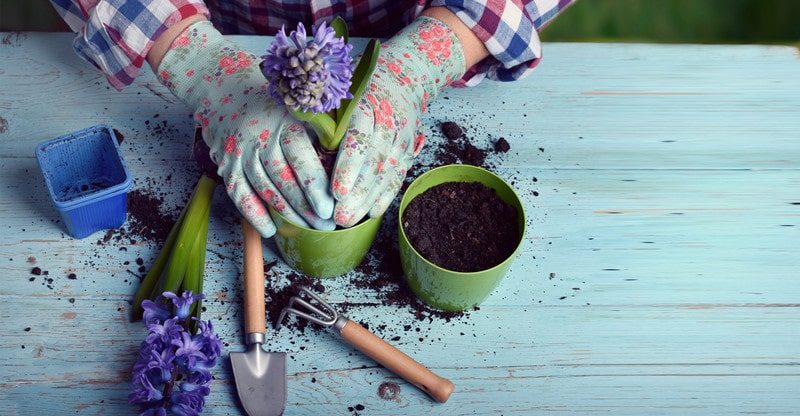3 Ways of Coping with Relapse Triggers and Temptations
Overcoming substance abuse is no walk in the park. Not only does it require admitting that one needs help and having to make drastic changes, but it also comes with a lot of commitment. Not to mention, there’s detox and withdrawals that one has to deal with as well. Once they get over that hump, things, thankfully, begin to become clearer.
But things may still be difficult even after detoxing. Once one has gotten to a point where they’re officially clean, it’s important to consider the following to resist the urge to start substance use again.
1. Start a New Hobby
It can sometimes be easier said than done, but finding a new hobby one loves and getting involved with it on a regular basis can be a great way to distract oneself from the cravings and urges a part of post-substance use. This hobby should be something positive, safe, and healthy.
Examples of some hobbies one might want to take on include hiking, scrapbooking, crocheting, gardening, or writing poetry. Many of these hobbies can offer stress- & anxiety-relief while also giving one something to look forward to every day. Engaging in a hobby is critical as one restructures their life after substance use.
2. Cut Out Toxic People
As much as nobody wants to hear it, sometimes people have to be cut out of your life as you move forward on your path to sobriety. Some people are bad influences directly or otherwise trigger your desire to use substance. Others might not have the intention to encourage your substance use but may do so by enabling you.
Either way, the people who may be negatively impacting your sobriety do not deserve a spot in your life any longer. Whether it be a romantic partner, friend, or even a relative, not everyone is good for you, your health, and your soul. The process of removing someone from your life can be difficult, but in time, it will get easier.
3. Join a Sober Living Community
Long-term sobriety is best ensured when one has a strong support system. Without a strong support system, the chances of relapsing are even higher. One way to get the support system you need is to join a community for sober living in South Florida.
A program like this involves on-site living in a safe, clean environment. The structure these living communities offer gives one support, guidance, and motivation to stay on a sober path. Some examples of structure a sober living community might offer includes the requirement to attend AA/NA meetings, abiding by a curfew, and passing regular drug tests.
Conclusion
Becoming clean after substance abuse is difficult to say the least. Going through detox is one thing, but it’s another to have to deal with the aftermath in the form of temptation and relapse. The good news is, there are things one can do to deal with the urges and reduce their chance of going back to substance use.



